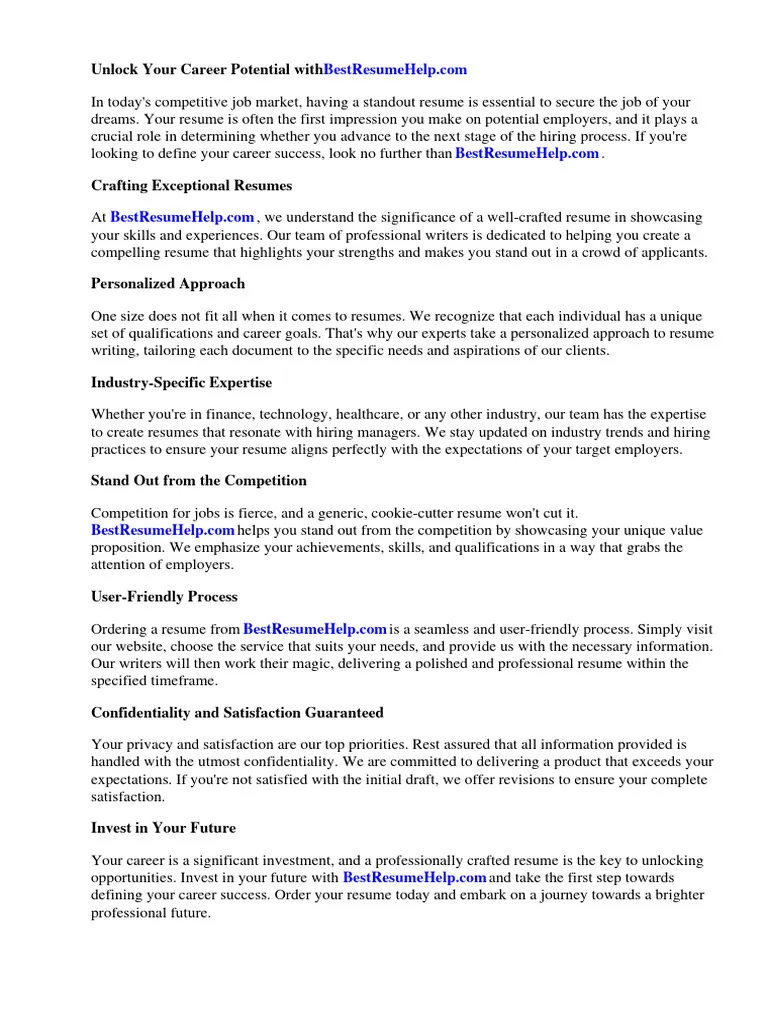Cover Letter for Resume Top 5 Secrets
A cover letter is more than just a formality; it’s your first impression on a potential employer. It complements your resume by providing context to your skills and experience, showcasing your personality, and expressing your genuine interest in the position and the company. In a competitive job market, a well-crafted cover letter can be the deciding factor in whether you get an interview or not. Understanding the secrets to a compelling cover letter is crucial for any job seeker aiming to stand out. This article unveils the top 5 secrets that will help you craft a cover letter that grabs attention and boosts your chances of landing your dream job.
Highlight Your Skills
Your cover letter should serve as a spotlight, illuminating the skills and experiences that make you a strong fit for the job. Don’t just list your skills; demonstrate how they align with the job description and the company’s needs. Tailor your skills section to reflect the keywords and requirements mentioned in the job posting. Use action verbs to show what you’ve accomplished and how your skills have yielded positive results in previous roles. This proactive approach will immediately capture the recruiter’s attention and make them see you as a highly qualified candidate.
Quantify Your Achievements
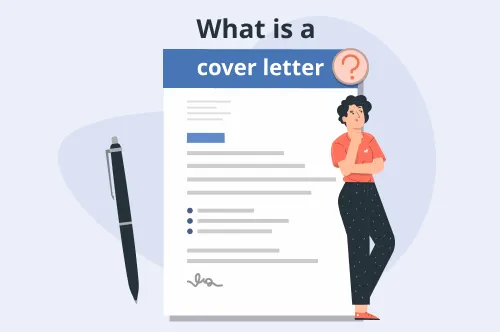
Instead of simply stating your responsibilities, provide concrete examples of your achievements, using numbers and data to support your claims. For example, instead of saying ‘Managed social media,’ say ‘Increased social media engagement by 40% in six months.’ Quantifying your achievements adds credibility and demonstrates the impact you’ve made in previous roles. This is a powerful way to show potential employers the value you bring to the table. Numbers don’t lie, and they provide a clear picture of your capabilities and contributions.
Customize for Each Job
One of the biggest mistakes job seekers make is sending out generic cover letters. Your cover letter should be customized for each job application. This means tailoring your letter to the specific requirements and the company’s values. Research the company, understand their mission, and demonstrate how your skills and experience align with their goals. Mention specific projects, initiatives, or values that resonate with you, and explain why you are excited about the opportunity. Taking the time to customize your cover letter shows that you care about the role and are genuinely interested in joining the company.
Demonstrate Enthusiasm
Let your personality shine through! Show genuine enthusiasm for the position and the company. Express your excitement about the opportunity to contribute to their success. Avoid sounding overly formal or detached. Use positive language and a confident tone to convey your passion. Describe what excites you about the role and what you hope to achieve. Remember, employers want to hire people who are not only qualified but also enthusiastic about the job and the company culture. Your enthusiasm can make a lasting impression and set you apart from other candidates.
Proofread Carefully
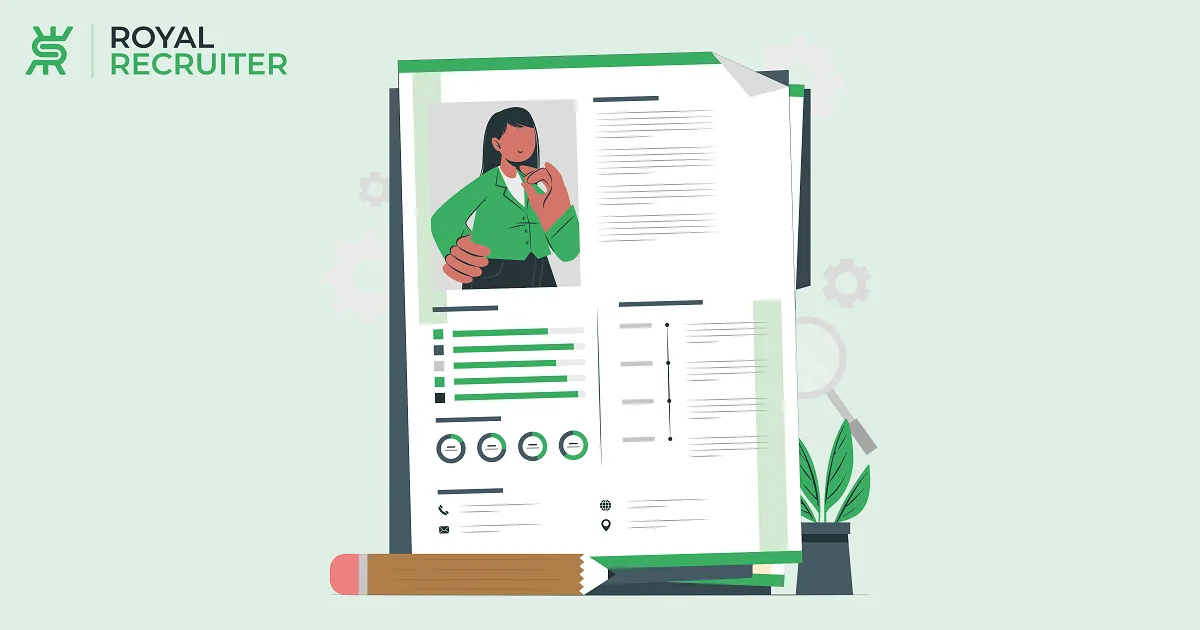
This may seem obvious, but it’s one of the most critical steps. Proofreading your cover letter is non-negotiable. Typos, grammatical errors, and formatting issues can undermine your credibility and make you look unprofessional. Take the time to carefully review your letter for any mistakes. Use spell-check and grammar-check tools, but don’t rely on them completely. Read your letter aloud to catch any awkward phrasing or errors. Ask a friend or family member to proofread it for you as well. A polished cover letter demonstrates your attention to detail and commitment to quality.
Structure of a Cover Letter
The structure of your cover letter is just as important as its content. A well-organized cover letter is easy to read and highlights the key information employers are looking for. Understanding the different parts of a cover letter and how they should be structured is critical to a polished and effective document.
Header and Contact Information
Your cover letter should start with a professional header that includes your name, address, phone number, and email address. Also, include the date and the recipient’s contact information (name, title, company, and address). This establishes your identity and provides the employer with a way to contact you.
Opening Paragraph
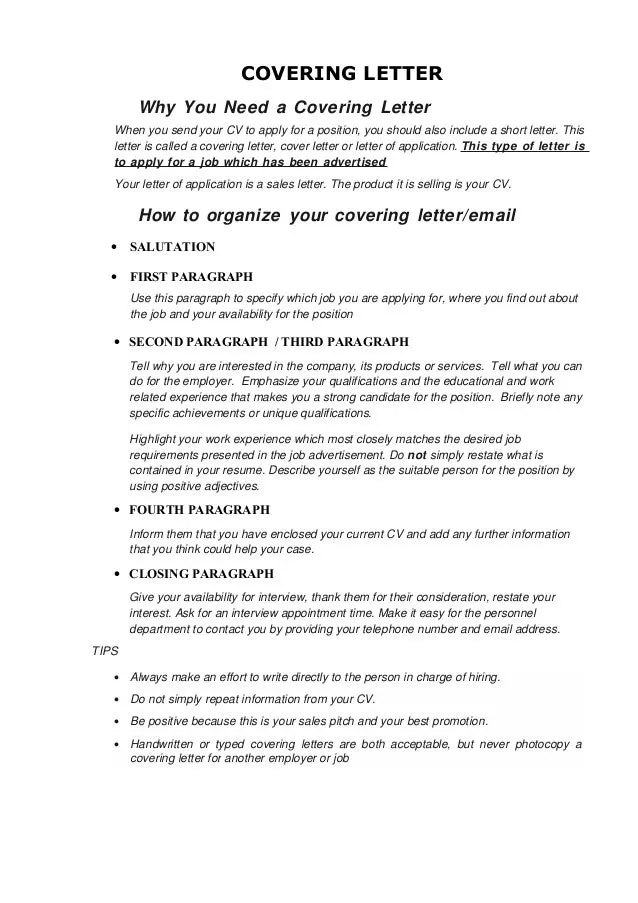
The opening paragraph is your first chance to capture the reader’s attention. State the position you are applying for and how you found the opportunity. Briefly mention your most relevant qualifications and express your enthusiasm for the role. Make it clear why you are interested in the company and the specific position. Avoid generic introductions; instead, make it engaging and specific to the job.
Body Paragraphs
The body paragraphs are where you provide more details about your skills, experience, and accomplishments. Use these paragraphs to elaborate on the points you made in your opening paragraph. Provide specific examples and quantifiable achievements that demonstrate your value to the company. Connect your qualifications with the requirements of the job description. Use strong action verbs and focus on what you can bring to the role.
Closing Paragraph
Your closing paragraph should summarize your interest in the position and reiterate your qualifications. Express your enthusiasm for the opportunity to learn more about the role. Thank the employer for their time and consideration. Include a call to action, such as stating that you look forward to hearing from them soon. This is also the right place to mention your availability for an interview.
Effective Language and Tone
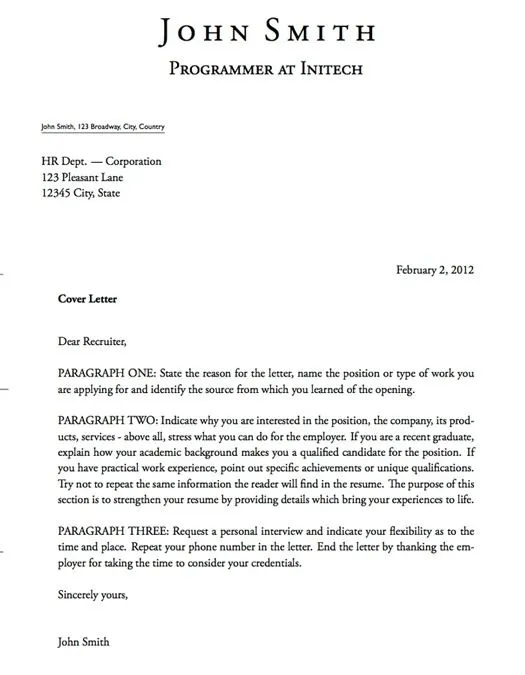
The language and tone you use in your cover letter significantly impact how the employer perceives you. It’s important to choose the right words and maintain a professional and engaging tone throughout your cover letter.
Active Voice
Use active voice to make your cover letter more direct and engaging. Active voice makes your writing stronger and more concise. Instead of saying ‘Responsibilities included managing social media,’ say ‘I managed social media.’ This makes your accomplishments sound more decisive and confident.
Positive Language
Use positive language and focus on what you can do for the company. Avoid negative terms or phrases that could undermine your credibility. Instead of saying ‘I lack experience in X,’ say ‘I am eager to learn and develop my skills in X.’ This shows a proactive attitude and a willingness to grow.
Professional Tone
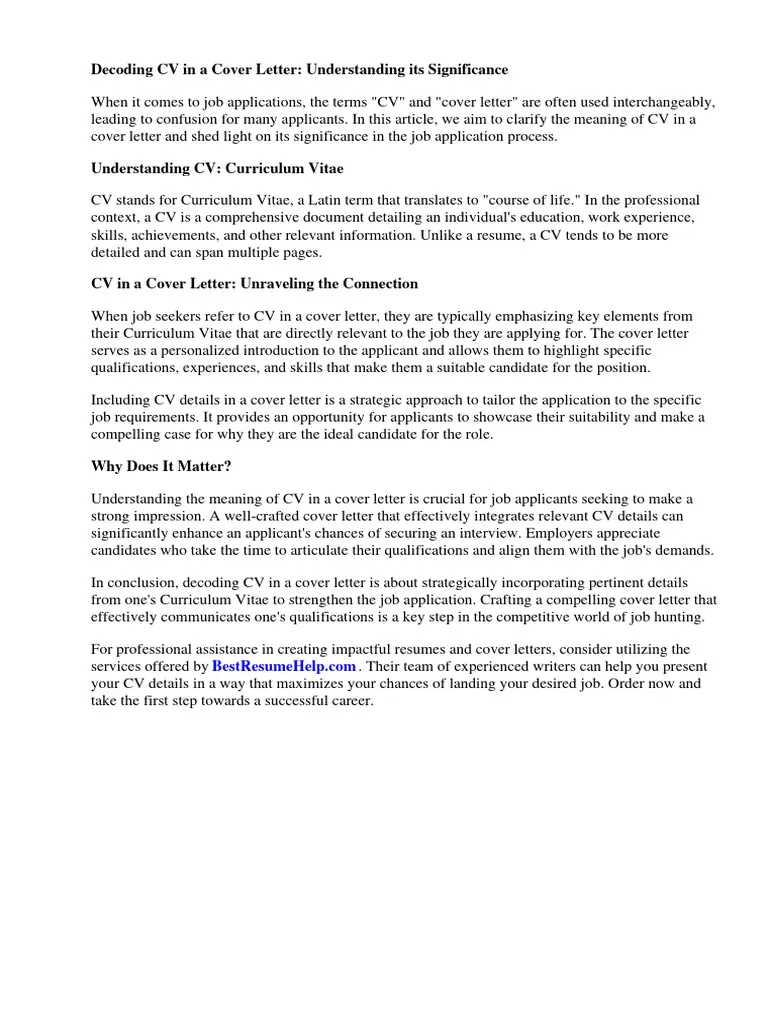
Maintain a professional and respectful tone throughout your cover letter. Avoid using slang, jargon, or overly casual language. Your cover letter should reflect your professionalism and your understanding of workplace etiquette. Ensure that your language is appropriate for the job and the company culture.
Common Cover Letter Mistakes
Many job seekers make common mistakes that can undermine their chances of getting hired. Avoiding these pitfalls will help you create a more effective and impressive cover letter.
Generic Letters
Sending a generic cover letter is a major mistake. Employers can easily tell when a cover letter has been mass-produced. Take the time to tailor your cover letter to each job application. This demonstrates your interest in the specific role and the company, which will help you stand out from other candidates.
Typos and Grammatical Errors
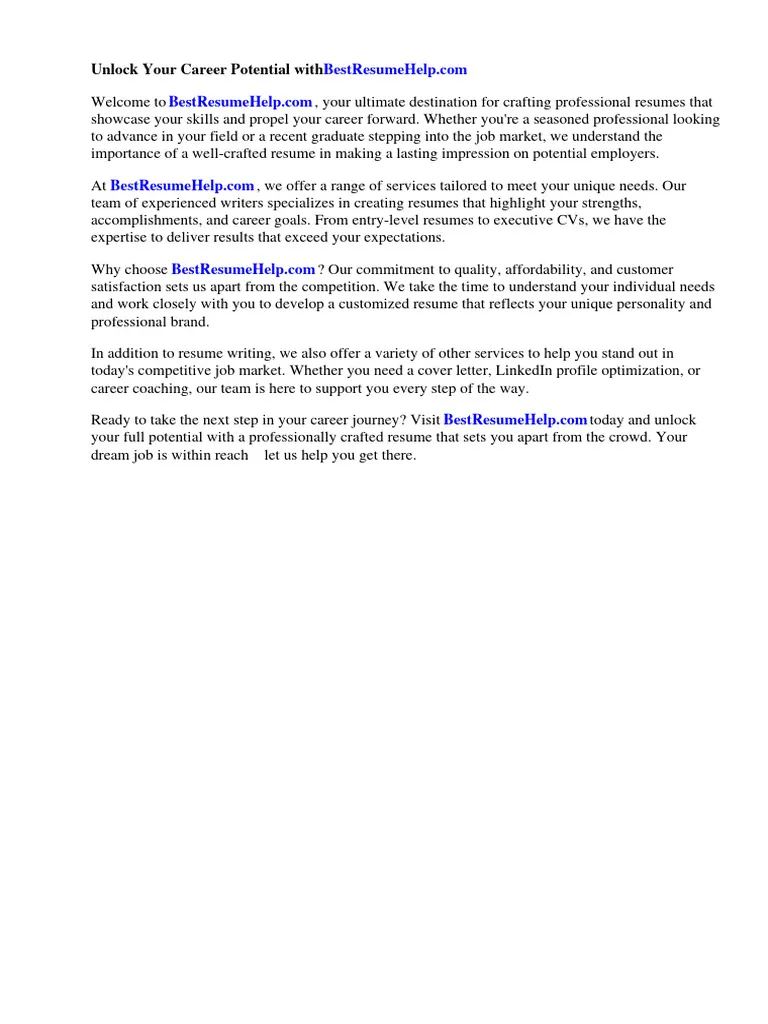
As mentioned earlier, typos and grammatical errors can make you appear careless and unprofessional. Always proofread your cover letter carefully and ask someone else to review it as well. This is a basic step that can significantly improve your credibility.
Overuse of ‘I’
While it’s important to use ‘I’ to describe your skills and experience, overuse of the word can make your cover letter sound self-centered. Strive for a balance between using ‘I’ and focusing on your accomplishments and how you can benefit the company. Focus on what you can offer the employer rather than dwelling solely on your personal experiences.
Formatting Problems
Poor formatting can make your cover letter difficult to read and can reflect poorly on your attention to detail. Use clear fonts, appropriate spacing, and bullet points to organize your content and make it easy for the recruiter to scan. Ensure that your formatting is consistent throughout the document.
Cover Letter Examples and Templates
Reviewing cover letter examples and using templates can be helpful when crafting your own cover letter. However, it’s important to adapt these examples to reflect your unique skills and experiences.
Where to Find Templates
There are many websites that offer free and premium cover letter templates. Websites such as Canva, and Resume.io provide a wide range of templates for various job types. When choosing a template, select one that is easy to read and suitable for the industry you are targeting.
Analyzing Examples
Reviewing well-written cover letter examples can give you a sense of how to structure your own letter and how to highlight your skills. Pay attention to the language, tone, and formatting used in the examples. Identify what makes these cover letters effective, and incorporate those elements into your own writing.
Adapting to Your Needs
While templates and examples can be helpful, don’t simply copy them. Customize the template or example to match your skills, experience, and the job requirements. Make sure your cover letter reflects your unique personality and the specific skills that are relevant to the job. Tailor your cover letter to stand out from the crowd.
Cover Letter for Resume FAQs
Here are some frequently asked questions about cover letters that can help you understand their purpose and how to use them effectively.
What is the purpose of a cover letter?
The primary purpose of a cover letter is to introduce yourself to the hiring manager, express your interest in the position, and highlight your relevant skills and experiences. It should complement your resume by providing context and showcasing your personality. The cover letter gives you an opportunity to make a positive first impression and persuade the employer to read your resume.
How long should a cover letter be?
A cover letter should typically be one page long. Aim for a concise and focused letter that highlights your key qualifications and demonstrates your enthusiasm. Avoid going over one page, as recruiters often have a limited amount of time to review each application.
When should you not send a cover letter?
In most cases, you should always send a cover letter unless the job posting specifically states not to. However, in some instances, such as when applying for very entry-level positions or when submitting your resume through an online application system that doesn’t allow for a cover letter, you might skip it. Always follow the instructions provided in the job posting.
